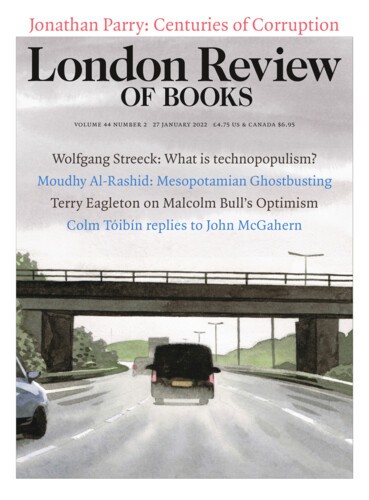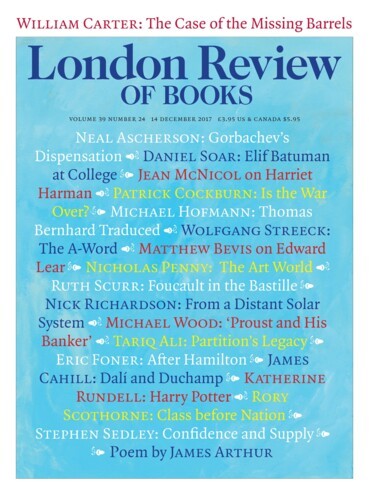Angela Merkel made the state seem like a service company, ready to fix people’s problems so that they could continue to live as they pleased. This helped to counter a perception of the world as fundamentally incoherent. No large plan, no holistic approach can be of help in such a world, only fast and flexible responses to dangers as they arise, carried out by an experienced leader with a strong capacity for improvisation. Can this be considered technopopulism? In a sense it can. For the new conservatism, crises arise from disorder, not from a wrong order, and their handling should be entrusted to technicians in command of special knowledge, whether scientific or magical, or both (they are hard to distinguish for the political consumer). Merkel never claimed to be an economist, or a lawyer, or an expert in foreign policy or military strategy. She did, however, have herself described by her communications team, and sometimes described herself, as privy to knowledge of a special kind: that of a scientist trained to solve problems by analysing them from the desired outcome backwards.
For the new conservatism, crises arise from disorder, not from a wrong order, and their handling should be entrusted to technicians in command of special knowledge, whether scientific or magical, or both (they are hard to distinguish for the political consumer). Angela Merkel never claimed to be an economist, or a lawyer, or an expert in foreign policy or military strategy. She did, however, have herself described by her communications team, and sometimes described herself, as privy to knowledge of a special kind: that of a scientist trained to solve problems by analysing them from the desired outcome backwards.





